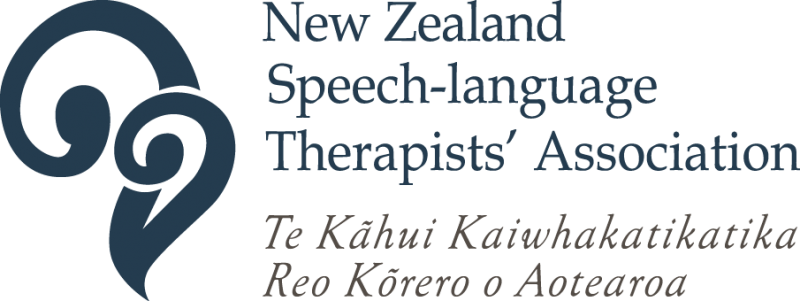Ash’s keen to work again
Before Ashwin (47) had a stroke in 2019 and developed aphasia, he taught hotel management at the Auckland Institute of Studies.
Almost five years later, after intensive speech-language therapy (SLT), he is keen to get back to work.
“I still need more help and more therapy, but I really want to go back. If not, to teach, then to another job.
“Just as long as I can work,” he says, smiling into the Team's camera as he talks to us with the help of his SLT, Louise.
Ash still finds reading and writing very hard and struggles a bit with his speech. He says the words are in his head; they just don’t always come out right.
Following his stroke, he had three months of intensive SLT therapy and some physiotherapy, and then … nothing.
“Speech-language therapy was the thing I really needed, but it wasn’t available through the public system, and I had no money to pay for it,” he says.
Ash was so keen to find help with his reading and writing that he enrolled himself in a local Kumon course, which provides learning programmes for children.
“I had to start at the 1 + 1 = stage,” he says.
Luckily, he stumbled upon an SLT who offered to help. He worked with that SLT for two years and made amazing progress.
Now he’s working with Louise, “who’s also great,” and getting some help from Massey University’s SLT students – and, in return, he helps them by sharing his lived experience with the students.
Ash is very concerned that other people in his position would not be so lucky. Louise confirms that living in Auckland makes it easier to get SLT help, but that’s not the case in the regions.
“Access to SLT services is far from equitable,” she says, a situation affecting a friend of Ash’s who lives outside Auckland and can’t get the help they need.
Louise has worked as an SLT in New Zealand for over 20 years. She describes her caseload as ‘overwhelming’.
“When I first arrived, people could get ongoing therapy as long as they showed signs of ongoing improvement.
“Now we ration care and discharge patients even if we can see more potential for improvement,”
Ash says people need to know where they can get SLT help, and they need more awareness and information about aphasia.
“The problem is we really need more Louises,” he says.

